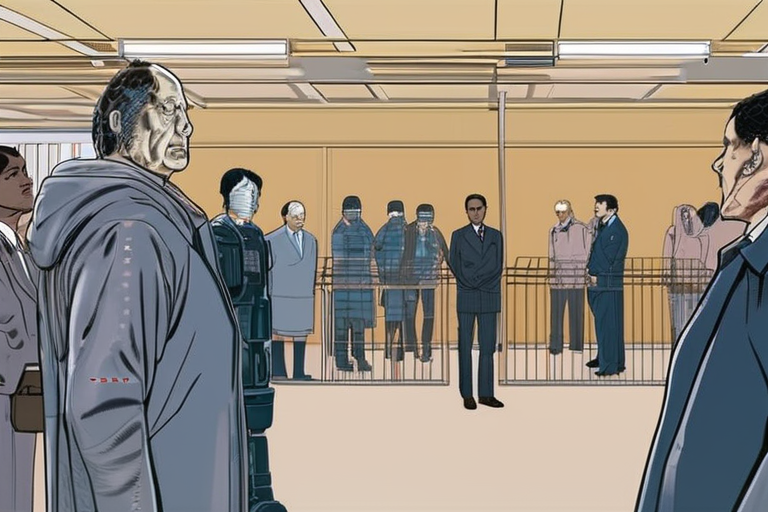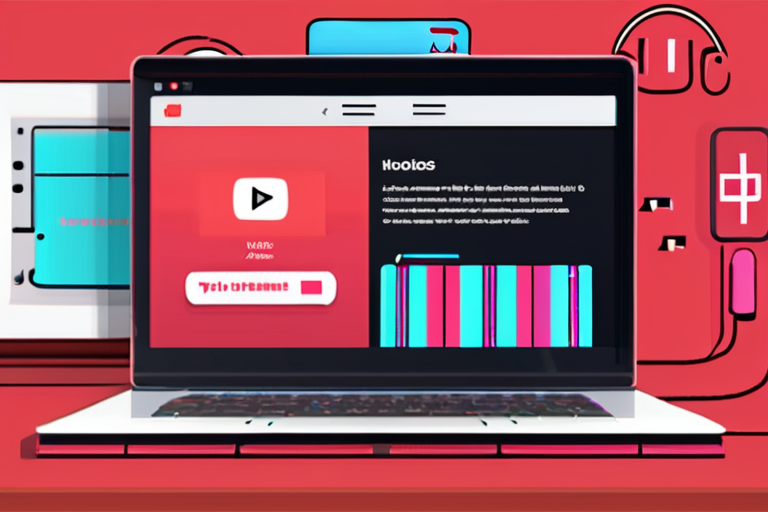Microsoft Cuts Ties with Israeli Military Unit Over Mass Surveillance Concerns
In a move that has sent shockwaves through the tech industry, Microsoft has severed ties with an Israeli military unit accused of using its cloud services to conduct mass surveillance on civilians in Gaza. The decision, announced by company president Brad Smith, marks a significant departure from Microsoft's previous stance on working with the Israeli government.
The controversy centers around a unit of Israel's Ministry of Defence that allegedly used Microsoft's Azure cloud service to store and analyze intercepted phone calls made by ordinary Palestinians. This vast trove of data was then used to inform military operations in Gaza and the West Bank, raising concerns about the use of technology for mass surveillance.
"I know many of you care about this topic," Smith wrote in a message to employees, emphasizing that the decision would not affect other work Microsoft does with Israel. The review is ongoing, but one thing is clear: Microsoft's actions have sparked a wider debate about the ethics of tech companies working with governments accused of human rights abuses.
A Complex Web of Technology
To understand the implications of this story, it's essential to grasp the technical aspects at play. Azure is a cloud-based platform that provides scalable storage and computing power for businesses and governments. The unit in question used Azure's vast storage capacity to collect and analyze phone calls made by Palestinians, creating a massive database of intercepted communications.
This technology is not unique to Microsoft; many companies offer similar services. However, the scale and scope of this operation raise concerns about the potential for mass surveillance. "The use of cloud services for mass surveillance is a growing concern," says Dr. Nabil al-Khateeb, a Palestinian human rights activist. "Governments are using technology to monitor and control their populations, often with little oversight or accountability."
A Divided Company
Microsoft's decision has sparked both praise and criticism within the company. Some employees have expressed relief that the company is taking a stand on this issue, while others argue that it should not have worked with the Israeli military in the first place.
"I'm proud of Microsoft for standing up against mass surveillance," says Emily Chen, a software engineer at the company. "It's a moral imperative to ensure our technology isn't used to harm civilians."
Others, however, see this decision as too little, too late. "Microsoft has been working with the Israeli government for years, and now they're just cutting ties because it's become too hot to handle," says Amira al-Hassan, an activist who has spoken out against Microsoft's involvement.
A Broader Conversation
This story is not just about Microsoft or its decision; it's about a broader conversation around the ethics of tech companies working with governments. As technology becomes increasingly integral to modern warfare, questions arise about accountability and oversight.
"This is a wake-up call for all tech companies," says Dr. al-Khateeb. "We need to be more vigilant in ensuring our technologies are not used to harm civilians or perpetuate human rights abuses."
As the world grapples with these complex issues, one thing is clear: Microsoft's decision marks a significant turning point in the conversation around technology and its role in modern warfare.
The Future of Tech and Human Rights
In the coming weeks and months, we can expect to see more developments on this story. As Microsoft continues its review, other tech companies will be watching closely. Will they follow suit, or will they continue to work with governments accused of human rights abuses?
One thing is certain: the use of technology in warfare has become a pressing concern for human rights advocates and tech industry leaders alike. As we move forward, it's essential that we prioritize accountability, oversight, and transparency – not just for Microsoft, but for all companies working with governments.
The future of tech and human rights hangs in the balance; let us hope that this decision marks a new era of responsibility and ethics in the tech industry.
*Based on reporting by Bbc.*



 Hoppi
Hoppi

 Hoppi
Hoppi

 Hoppi
Hoppi

 Hoppi
Hoppi

 Hoppi
Hoppi

 Hoppi
Hoppi











